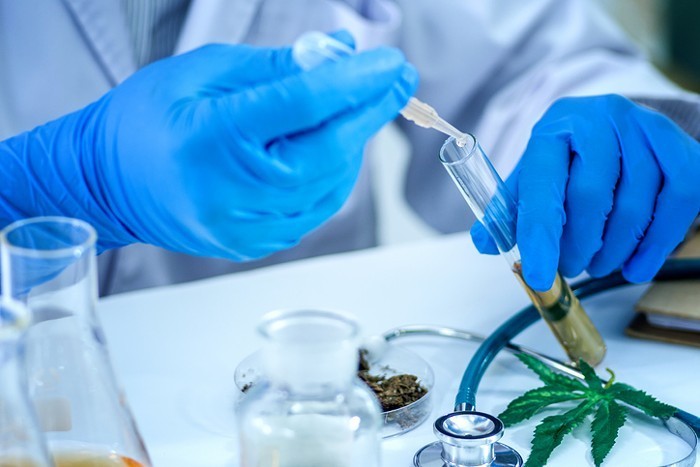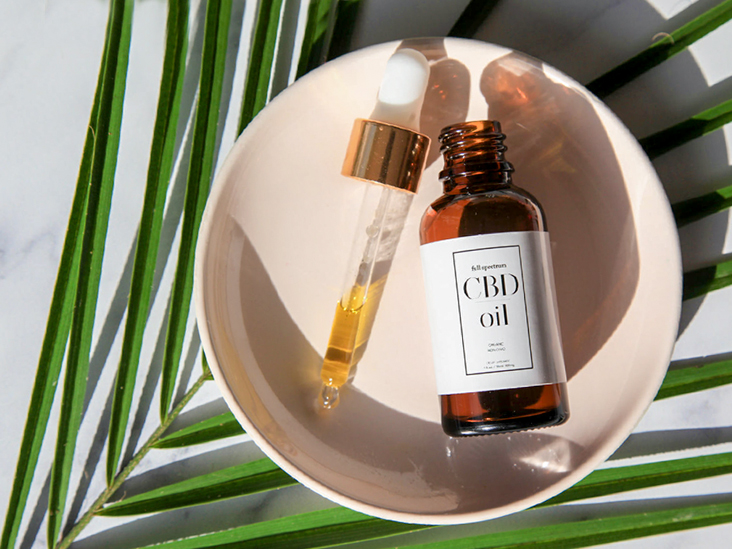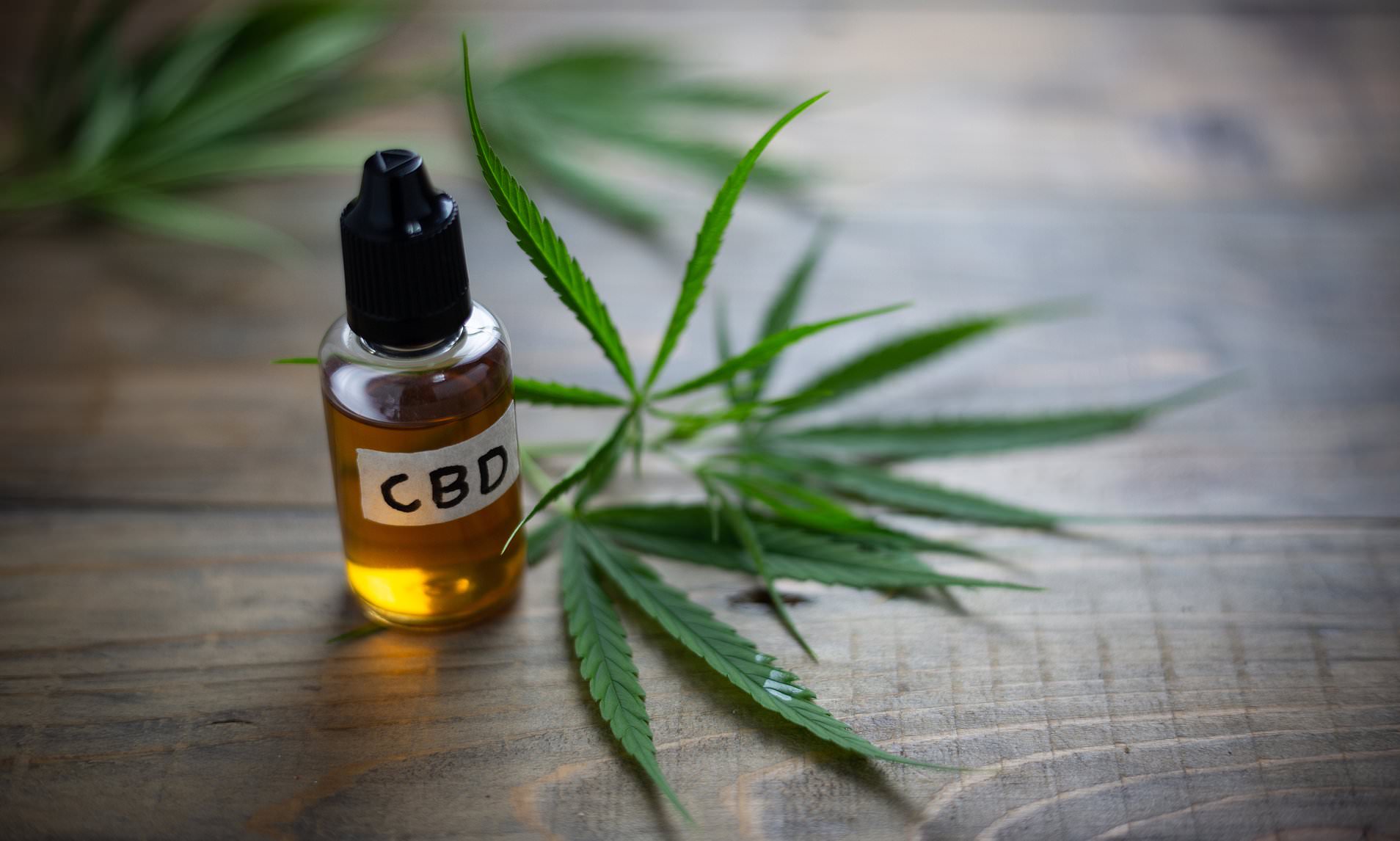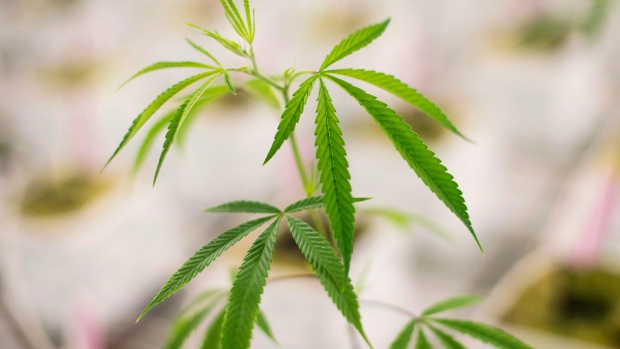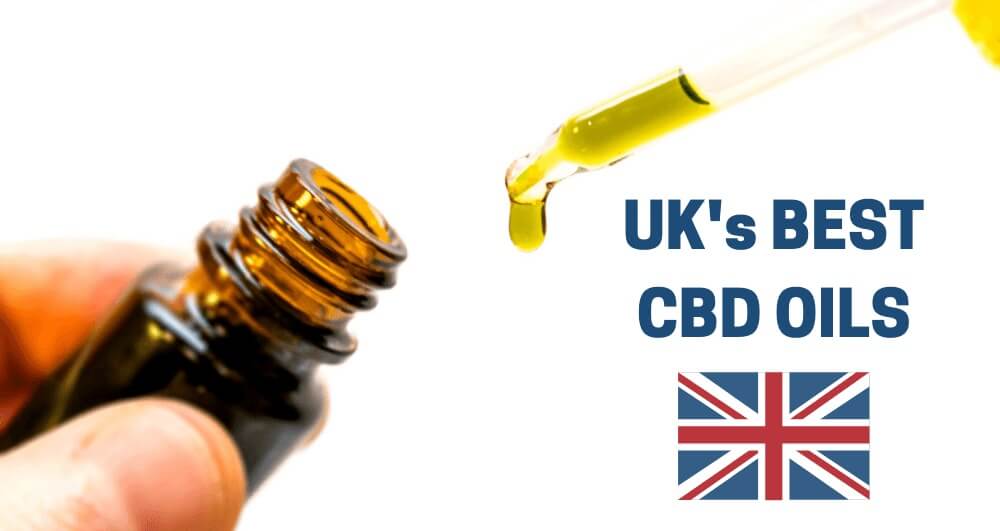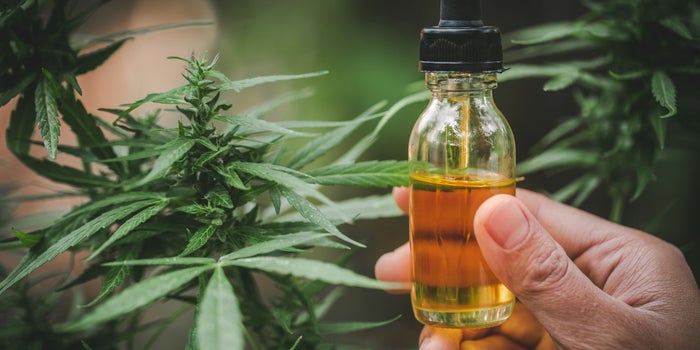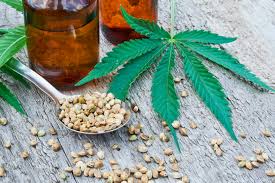“The proposed constitutional amendment, which was submitted by a former federal prosecutor in September, would allow adults 21 and older to possess and distribute up to one ounce of marijuana. Individuals would also be allowed to cultivate up to three cannabis plants.
Under the broader recreational legalization proposal, the South Dakota Department of Revenue would be responsible for issuing licenses for manufacturers, testing facilities and retailers. And sales on cannabis products would be taxed at 15 percent, with revenue earmarked to cover the program’s implementation, public education, and the state general fund.
“As outlined in South Dakota Codified Law § 2-1-16, our office conducted a random sample of the petition signatures and found 68.74 percent to be valid,” Secretary of State Steven Barnett (R) said in a press release. Based on the results of the random sample, 36,707 signatures were deemed valid, his office projected.
“At this point, it appears increasingly unlikely that Congress will pass legislation this year to fix our nation’s broken federal marijuana laws,” Schweich, who played a central role in overseeing the signature-gathering drives for both South Dakota initiatives, said. “Therefore it is crucial that our movement win as many ballot initiative campaigns as possible this November and increase the pressure on Congress to take action. That is how we will ensure success at the federal level in 2021.”
Read the complete article at MARIJUANA MOMENT.





